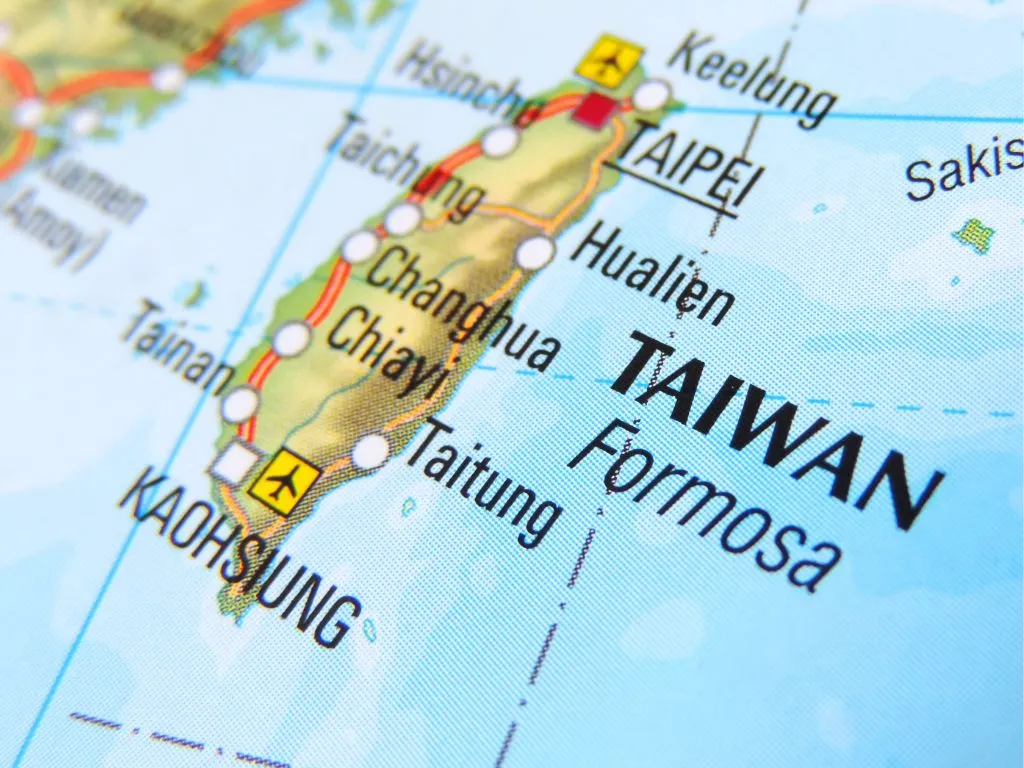

Reference source : Taiwan
In 2013 voluntary national standard, CNS 15663 Guidance to Reduce the Use of Restricted Chemical Substances in Electrical and Electronic Equipment (EEE), was released by the Taiwanese Bureau of Standard, Metrology and Inspection (BSMI). The standard outlines the EEE items covered, the concentration limits for 6 hazardous compounds, and the marking procedures for the presence of hazardous substances in EEE products. It is frequently referred to as Taiwan RoHS since the standard is extremely similar to the RoHS regulations in China and the EU.
On December 23, 2022, the BSMI of Taiwan published regulations, requiring inspection of electrical UV disinfection equipment. The rules went into effect straightaway, and imported and domestically produced goods will be subject to inspection beginning May 1, 2023. These regulations contain Taiwan RoHS, also known as Section 5 "Marking of Presence" of the CNS 15663 (2013) standard. This indicates that Taiwan RoHS governs UV disinfection electrical equipment.
Requirements:
Manufacturers and importers must require Registration of Product Certificate (RPC).
The items must comply with the CNS 15050 testing standard for controlled substances and have the BSMI mark and RoHS label on their packaging.
The Medical Device Management Act defines UV disinfection equipment as medical devices, therefore they are exempt from the new regulations.
Lead, mercury, cadmium, hexavalent chromium, polybrominated biphenyls (PBBs), and polybrominated diphenyl ethers (PBDEs) are among the substances that have concentration limitations enforced, according to the CNS 15663 Guidance on Reducing Restricted Chemicals in Electrical and Electronic Equipment (EEE).
If you want to access the GHS report, please Register here in GPC Intelligence Portal click here
